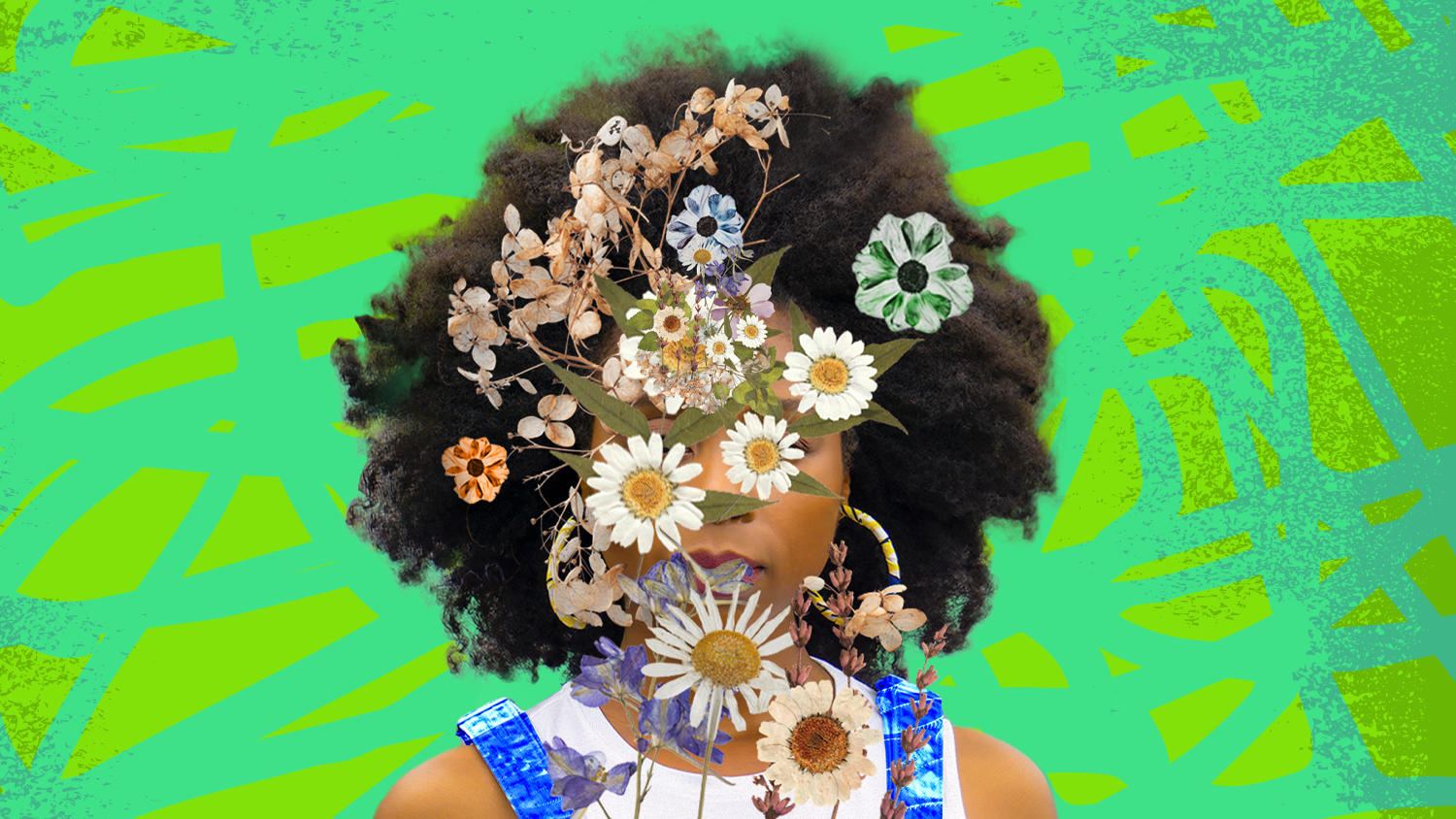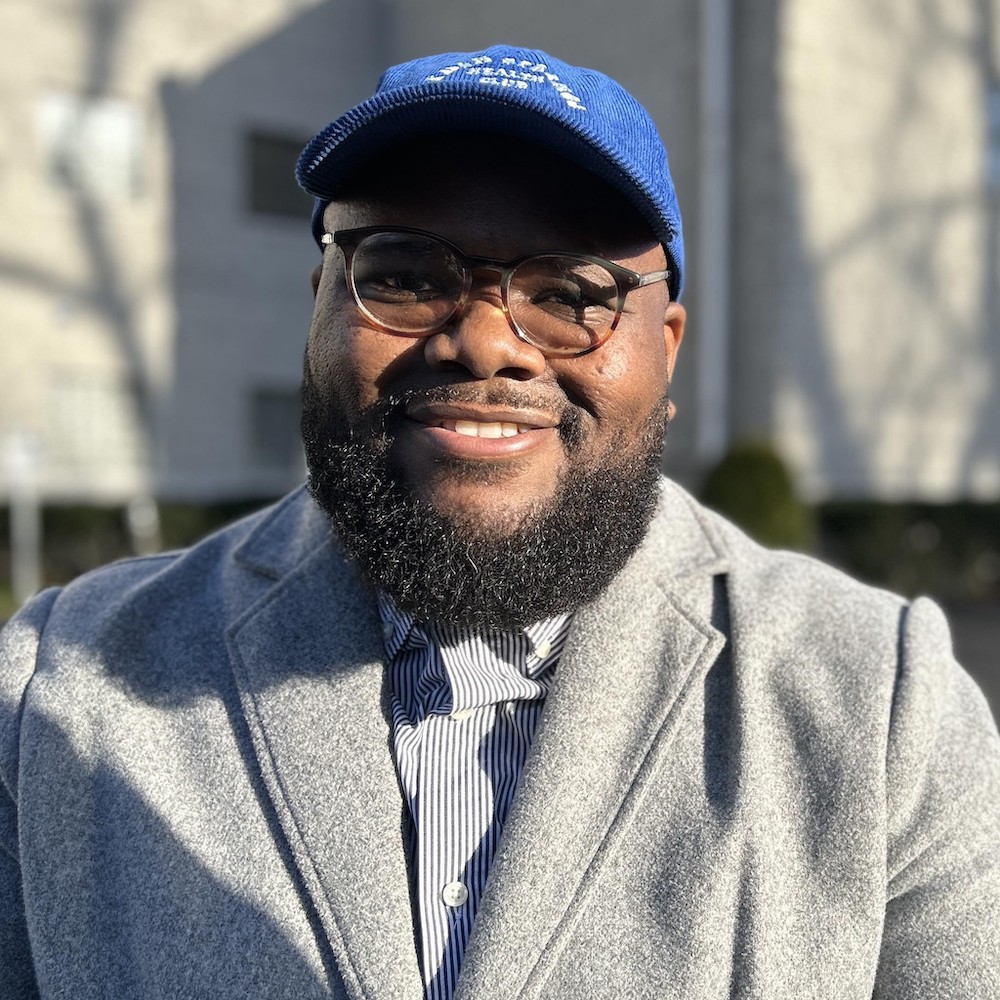Black and Bloom 3, by Nathan Nicholson
A Liberation of the Spirit
We are emancipated, but are we really free? Are we free from stereotypes, from bigotry, from prejudice, from the ugly grip of racism? Freedom is relative.
I remember seeing an NBC interview of the Reverend Dr. Martin Luther King Jr. and journalist Sander Vanocur that is ever present in my mind. This interview was 11 months before Dr. King’s murder. Vanocur asked Dr. King why the American Negro couldn’t get over the hurdle of oppression and inequality in America. He asked emphatically, was it just because “Negroes are black”? Dr. King explained that no other ethnic group had been enslaved on American soil. He also said that African Americans were not given an economic base the way immigrants from Europe were.
He continued, saying that freedom for the Negro meant freedom to hunger and freedom to experience the impacts of the winds and rains of heaven. Emancipation for the Negro was “freedom and famine at the same time,” highlighting the disparity between the nominal freedom granted to African Americans and the reality of their continued struggle for equity and basic human rights. When God sent Moses back to Egypt to confront Pharaoh with a sudden call for freedom on behalf of the children of Israel, there was a distinct purpose. God tells Moses to tell Pharaoh to let his people go—not just to be free, but to be free in order to worship him.
What is the significance of freedom to someone who is free but still in an oppressed state? It validates the hope of freedom. Even while being oppressed, you know that God has put something in you to seek freedom out in its purest form. Not to expect less than that. You know that freedom exists, even though for you it is not yet a reality.
That’s why Juneteenth is so important. It’s a celebration of an exodus. True, emancipation was followed by marginalizing devices like sharecropping and Jim Crow. But I celebrate Juneteenth because of what it represents: an exodus from the hope of freedom to the realities of freedom. Juneteenth is a celebration of freedom and a liberation of the spirit.
My art seeks to lift those who find themselves emancipated but less than free. In many of my works, I bring the skin tones down to a deep, sublime black, which becomes reverent and undeniable. In other pieces, the skin is brought down to a uniform grayscale. This is a nod to the uniqueness of Black people that is sometimes lost in assumed stereotypes. Despite these less-than-vibrant skin tones, the beauty of the composition and individuality of their skin shines through. The piece above, entitled Black and Bloom 3, is a celebration of beauty that overcomes adversity. In the rare case of this piece, I left the skin to stand alone to tell a different visual story. Beauty blooms despite adversity. From that blossoms a beauty that goes beyond the physical. It births life that springs forth, despite whatever tries to block and constrain it. This piece illustrates freedom of body, soul, and spirit.
One of my creative mottos is “Make your mark.” The big picture of my work is encouraging people to make their mark with their God-given individuality in whatever arena they occupy—celebrating their divine inspiration and sacred purpose. The freedom to be you.














